Julie Rabalais

Tell us a little about yourself:
As a state and federally licensed Avian Rehabilitator and the founder of For The Birds of Acadiana, I dedicate my life to caring for injured, orphaned, and sick birds in Lafayette, Louisiana. My work involves providing advanced supportive care, rehabilitation, and the subsequent release back into the wild. I also educate the community about bird conservation and the importance of protecting our federally protected feathered friends. Every day brings new challenges and joys as I strive to give these beautiful creatures a second chance at life!
What is your fondest wildlife rehabilitation memory?
One of my fondest memories in wildlife rehabilitation was the day I released a young Kildeer back into the wild. After weeks of care and dedication, watching it take flight was nothing short of magical. As it soared away, I felt a rush of joy knowing I had played a part in its recovery.
What challenges have you faced in your wildlife rehabilitation work?
One of the biggest challenges in wildlife rehabilitation is the delicate balance of providing care while ensuring the animals’ natural instincts remain intact. As a licensed Avian Rehabilitator, I often encounter birds that are injured or orphaned and need immediate help. However, it’s crucial to rehabilitate them in a way that prepares them for life in the wild. This means not only addressing their physical injuries but also creating an environment where they can learn to forage, socialize, and fly again. It’s a rewarding yet demanding process that requires patience, creativity, and a deep understanding of each species’ unique need.
Has the IWRC aided in your journey as a wildlife rehabilitator? If so, can you explain how or give an example?
The IWRC has been an invaluable resource in my journey as a wildlife rehabilitator. The supportive community of fellow rehabilitators has fostered collaboration and shared experiences, allowing me to grow both personally and professionally. Thanks to the IWRC, I feel more confident and empowered in my mission to help our feathered friends at For The Birds of Acadiana.
Tell us about your experience as a wildlife professional:
As a dedicated wildlife rehabilitator, I have had the joy of caring for and rehabilitating a wide variety of avian species through my work at For The Birds of Acadiana. My journey began with a passion for birds and a commitment to their welfare, leading me to become a licensed avian rehabilitator. I’ve developed strong skills in assessing injuries, providing supportive care, and nurturing these beautiful creatures back to health. Each bird I care for has a unique story, and I take great pride in helping them return to the wild where they belong. My role not only involves hands-on rehabilitation but also educating the community about avian conservation and the importance of protecting our feathered friends. It’s incredibly rewarding to make a positive impact on both wildlife and the community!
What brought you into wildlife rehabilitation work?
As a lifelong bird enthusiast, my journey into wildlife rehabilitation began with a deep love for our feathered friends. Growing up surrounded by nature, I was always captivated by the beauty and diversity of birds. After witnessing a few injured birds in my community and feeling compelled to help, I decided to pursue formal training in avian care. This passion led me to establish For The Birds of Acadiana, where I now dedicate my time to rehabilitating and nurturing injured birds back to health. It’s incredibly rewarding to make a difference in their lives and help them return to the wild.
What wildlife species do you rehabilitate?
Songbirds, Waterbirds, Waterfowl and some Seabirds
What common misconception about wildlife rehabilitation would you like to dispel?
One of the most common misconceptions about wildlife rehabilitation is that it’s a simple task anyone can do. However, wildlife rehabilitation is a complex and specialized field that requires extensive knowledge of animal behavior, nutrition, and supportive care. Each species has unique needs, and rehabilitators must be trained to assess and address those needs properly. It’s important to remember that wildlife rehabilitators are dedicated professionals who work tirelessly to ensure the best outcomes for the animals in their care
What do you hope for the future of wildlife rehabilitation?
As a passionate advocate for wildlife rehabilitation, I remain hopeful for the future of this vital field. With a growing awareness of environmental issues and the importance of coexisting with our feathered friends, more individuals are getting involved in rescue efforts. Advances in veterinary care and community support are also strengthening our capacity to help injured and orphaned birds. Together, we can create a brighter future, ensuring that all wildlife has a chance to thrive in a safe and nurturing environment.
What message would you like to share with other IWRC members and wildlife rehabilitators across the world?
Let’s continue to share our knowledge, support one another, and exchange best practices in our rehabilitation efforts. Together, we can ensure that every wild animal receives the care and compassion it deserves. Keep up the amazing work, and let’s keep the conversation going!
Are you passionate about wildlife conservation and rehabilitation? Consider becoming a member of the International Wildlife Rehabilitation Council (IWRC):
https://theiwrc.org/product-category/membership/
As a member of the IWRC, you’ll have access to a wealth of resources and support!


Leave a Reply
You must be logged in to post a comment.